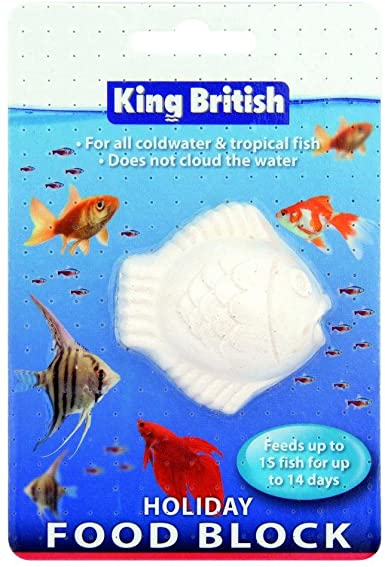
The ingredients in a quality coral fish food will be an essential part of the care of your reef aquarium’s inhabitants. A nutrient-rich formula will contain the right amounts of all the minerals, vitamins and amino acids your corals need to thrive. Read on to learn how to choose the right food for your reef aquarium. This article will teach you the correct feeding method and what to look for in a nutrient-rich formula.
Ingredients in coral fish food
The ideal type of coral food is composed of small particles suspended in the water column. A combination of ingredients will benefit the corals differently, but each one has its own benefits. The best foods for corals should meet the needs of different species and provide an assortment of essential nutrients. It is possible to buy a variety of commercial brands or make your own food using a homemade recipe. Here are some tips to help you choose the best foods for your corals.
DKI marine is a nutritionally balanced and highly nutritious diet formulated for omnivorous marine fish. This food comes in a variety of grain sizes and has an even floatation quality. Its main ingredient is freeze-dried shrimp harvested from the Veta de la Palma fisheries. DKI marine also contains microalgae, which are rich in vitamins and naturally occurring nutrients. The DKI marine formula contains bioactive ingredients that improve the immune system of the fish.
Another high-quality food is Tropic Marin O-Megavital Micro. This powdered food contains polyunsaturated fatty acids and proteins. It is ideal for filter feeders, and it can be mixed with other nutrient supplements, such as Tropic Marin Lipovit. Other foods that are good for filter feeders include Tropic Marin Pro-Coral Zooton, a high-quality marine supplement that replaces natural zooplankton. It also contains selected marine ingredients rich in trace elements and minerals.
Methods of feeding coral fish
There are many different methods for feeding your fish. For instance, you can feed your hammer coral with leftover meat by stirring it into the water. If you have an aquarium with many corals, you can feed them two or three times per week, leaving a gap of about two to three days between feedings. Check the corals’ health to determine when they are getting the most nutrients from their food. Afterward, feed them again, and repeat if necessary.
You can feed corals by using a variety of foods, including dried commercial preparations, nutritional yeast, and oyster eggs. You should follow the directions on the container, but you can also place small bits of food near the mouths of your corals. The food will naturally drift to their mouths, but don’t feed them too much at once. Similarly, you can feed them with fish food. Just make sure to use a container that fits the mouth size of your corals.
Once you have a feeding schedule in place, your fish will adapt and start to look forward to your regular feeding schedule. Corals can sense when it’s time to eat, and they will usually open up to greet you. You should follow this routine to avoid shocks and stress. Hopefully, your fish will be happier and healthier. If you want your corals to look their best, try one of the many methods of feeding coral fish.
Optimum levels of nutrients for corals
Nitrate and phosphate are two of the most important nutrients for corals, and they must be supplied in a constant and controlled amount. Too much of one of these elements will lead to algae growth, which can eventually kill the entire coral. Conversely, too little of either of these nutrients will result in less pigmentation and more algal growth. Here are some tips to achieve the correct nutrient levels for your coral tank.
Human deforestation may outweigh the impact of sedimentation on major coral reef ecosystems like the Gulf of Eilat. However, in some cases, nutrient enrichment can actually benefit corals. This is because increased nutrient levels can help corals tolerate heat stress better. Furthermore, improved water quality and management of local nutrient sources can help reefs cope with the pressures of climate change.
Another essential nutrient for corals is ambient water flow. Water flow is critical for the coral to breathe properly and flush out its waste. Depending on the coral, the water flow requirements may vary. It is also important to provide good water conditions, such as a light-rich environment. If you don’t have adequate light and a sufficient water flow, your coral will die. Therefore, ensure that your aquarium is well-ventilated to avoid the risk of coral disease.



